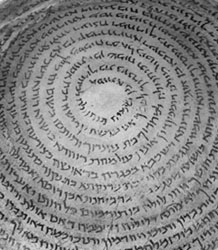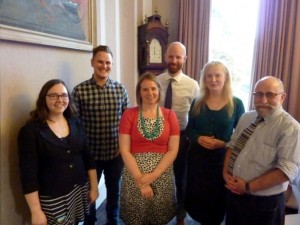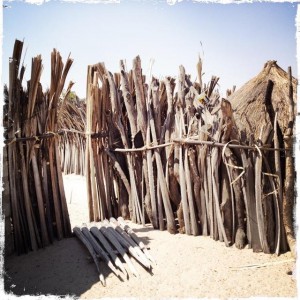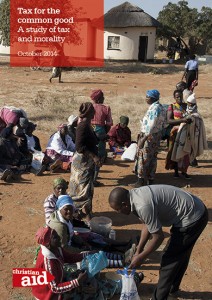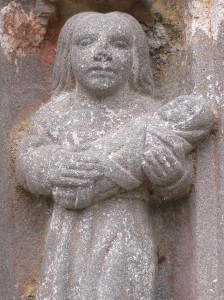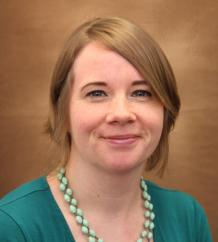David Tollerton
Bible films are currently undergoing an intriguing renaissance. 2014 saw two big-budget representations of the Hebrew Bible in the form of Noah and Exodus:Gods and Kings, and more cinematic treatments of biblical material are on their way: Mary and Last Days in the Desert in 2015, and Redemption of Cain, Ridley Scott’s follow-up David and a host of Jesus films all currently in development. In one sense the Bible’s representation in film had never really disappeared, with biblical allusions and archetypes scattered across 21st century cinema. However, Noah, and more recently, Exodus: Gods and Kings are of a different order, using A-list Hollywood stars to directly depict Bible stories for a contemporary multiplex audience. They are also contentious films, both facing controversies surrounding the ethnicity of their cast and religious communities uncertain at the prospect of their sacred texts being appropriated by secular filmmakers.

